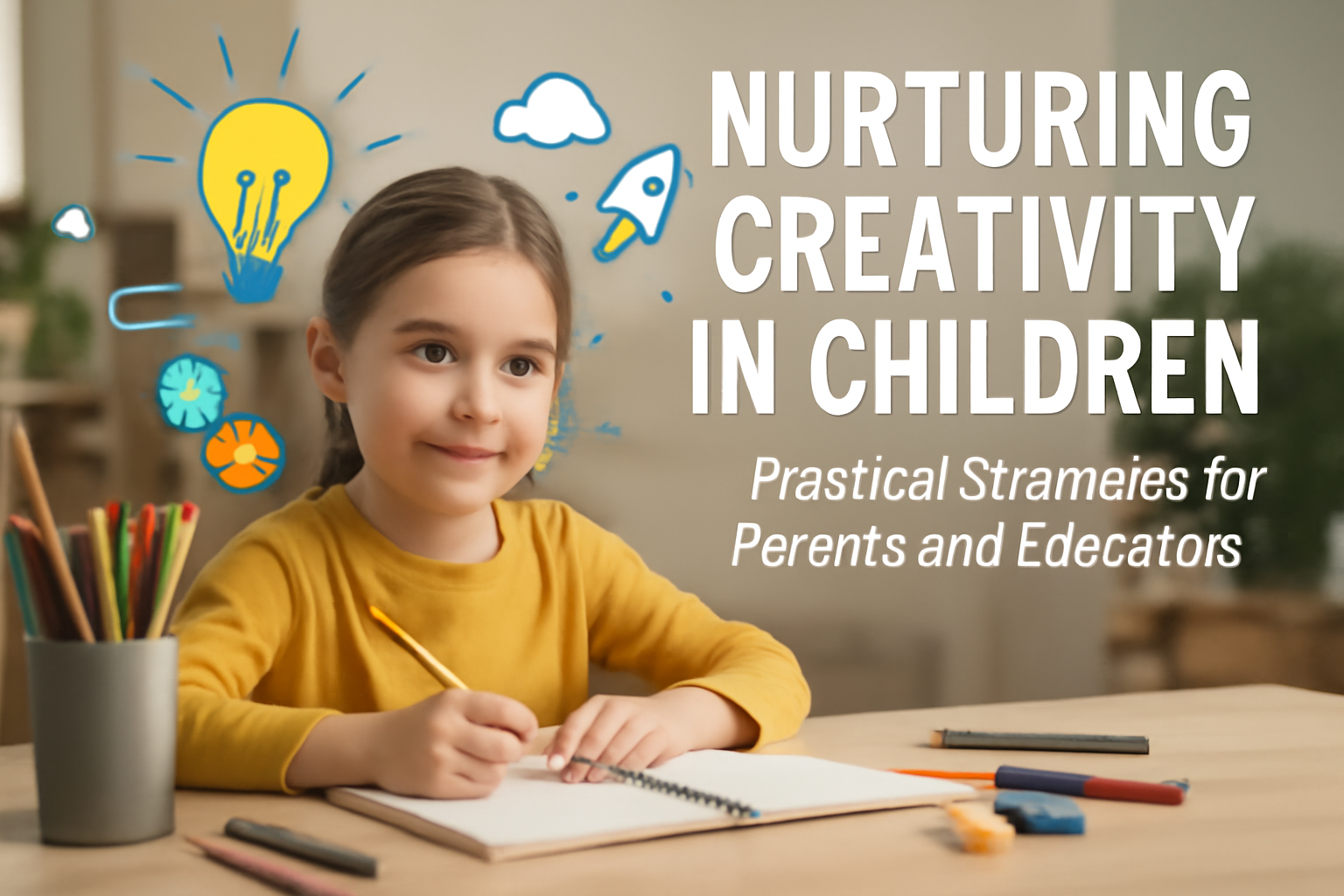Location
Mount Vernon, WA 98274
Location
Mount Vernon, WA 98274

In an age where critical thinking and innovation are paramount, nurturing creativity in children is becoming increasingly important. This article explores practical strategies for parents and educators to foster a creative mindset, enhancing both learning and personal growth.
As the landscape of education continues to evolve, the role of creativity in child development has taken center stage. With the rapid advancements in technology and a shifting job market, fostering creativity in children has never been more critical. Parents and educators are now tasked with cultivating environments that not only encourage creative thinking but also prepare children for an uncertain future.
Research has shown that creativity is not just an innate talent; it can be nurtured through intentional practices. One effective strategy is to create open-ended opportunities for children to explore their interests. This can be as simple as providing various materials for arts and crafts, encouraging imaginative play, or allowing time for unstructured activities. When children are free to experiment and express themselves, they develop problem-solving skills and the ability to think outside the box.
Moreover, integrating creativity into the learning curriculum can have a profound impact on a child’s education. Subjects like science and math are often viewed as rigid but can be approached with a creative lens. For instance, project-based learning allows students to explore real-world problems, leading to innovative solutions. This method not only engages students but also reinforces the application of knowledge in a practical context.
Parents can also play a pivotal role in nurturing creativity by modeling curiosity. Engaging in discussions about various topics, exploring new hobbies together, or even visiting museums can spark a child’s interest and inspire them to think critically. Encouraging children to ask questions and pursue their passions can foster a lifelong love for learning.
Another effective approach is to embrace the concept of failure as a stepping stone to success. In a world where perfection is often celebrated, teaching children that mistakes are part of the creative process can empower them to take risks and explore new ideas without fear. This mindset not only builds resilience but also enhances their ability to adapt and innovate.
As parents and educators strive to prepare children for the complexities of the modern world, nurturing creativity remains a vital component of effective parenting and education. By fostering an environment where creativity is valued and encouraged, we equip the next generation with the tools they need to thrive in an ever-changing landscape.